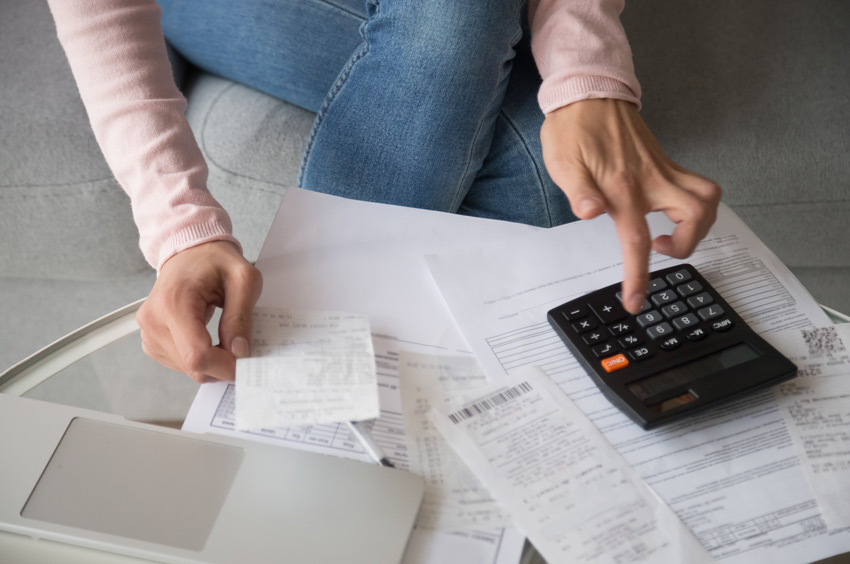

The current Coronavirus pandemic hasn’t been good to anyone this past few months. A lot of things are still uncertain, but we strive to carry on as best we can and believe that this will end sooner rather than later.
With all the effort it takes just to function as normal as possible, much of the economy is still majorly affected by this crisis which has resulted in some companies filing for bankruptcy and a ton of laid-off employees.
For many, this means losing their income and in turn their ability to pay bills on time. Suddenly, many people’s shelter and daily needs are on the line.
With that in mind, we listed down some things you can do to manage your budget to still be able to cover your necessities and bills.

Filing your bills is an important task that you should be doing right now to get a better grasp on what should be prioritized to be paid on time with your tight budget. Organize them depending on urgency: mortgage or rent, water, gas and electricity bills that need to be paid ASAP, subscriptions that you could let go, and some bills that could be paid later on.
Are you going to lose your house? Is your car going to be repossessed? See if there is any way that a payment plan could be arranged in case you won’t be able to pay it on time or pay the whole amount. Do not wait until the due date, arrange some kind of repayment plan now! These companies will usually work with you, as they don’t want to go into collections either.
You might already be doing this but if your income has been disrupted since the start of the pandemic, there is a big chance that you need to re-do your budget based on your current income. Of course, prioritizing the budget for the essentials like food, medicine, rent/mortgage and gas, cutting wherever possible.
Check back on your current income. How much was reduced from your prior monthly income? Did you lose some side income due to COVID-19? This will tell you how much you need to reduce your expenses in order to make up the difference.
Cut off unnecessary expenditures as much as you can to give room for the important bills that need to be paid. A little sacrifice should be made to afford true necessities. Cut back on that online shopping, unsubscribe to Netflix for a while, or maybe stop eating take out for a while.

Once you are done reviewing your income and expenses, you’ll be able to tell if you can still pay everything or if you would need some help. Get in touch with your providers or lenders as soon as you can and review all your repayment options.
Check out if your state or local government currently offers programs that allow you to postpone paying some bills. This could work for various bills like utility bills, mortgage, car loans and credit card bills.
One of the mortgage relief options that the government implemented was the federal Coronavirus Aid, Relief, and Economic Security (CARES) Act. This was implemented to make sure that those people who are affected by the crisis would still be able to stay in their own home and get all the options they can to pay their mortgage continuously.
Under the CARES Act, anyone who is experiencing some financial hardship due to the coronavirus can request for a forbearance on their mortgage for 180-days. This would mean that your loan provider can reduce or suspend your mortgage payments for that period of time and extend it for another 180 days if you are still having financial hardships by the end of the first period.
Even with these options, keep in mind that there could still be some repercussions on your credit rating when bills are not paid within the agreed period. Make sure to stay in contact with lenders as much as possible and update them on your current financial status.

